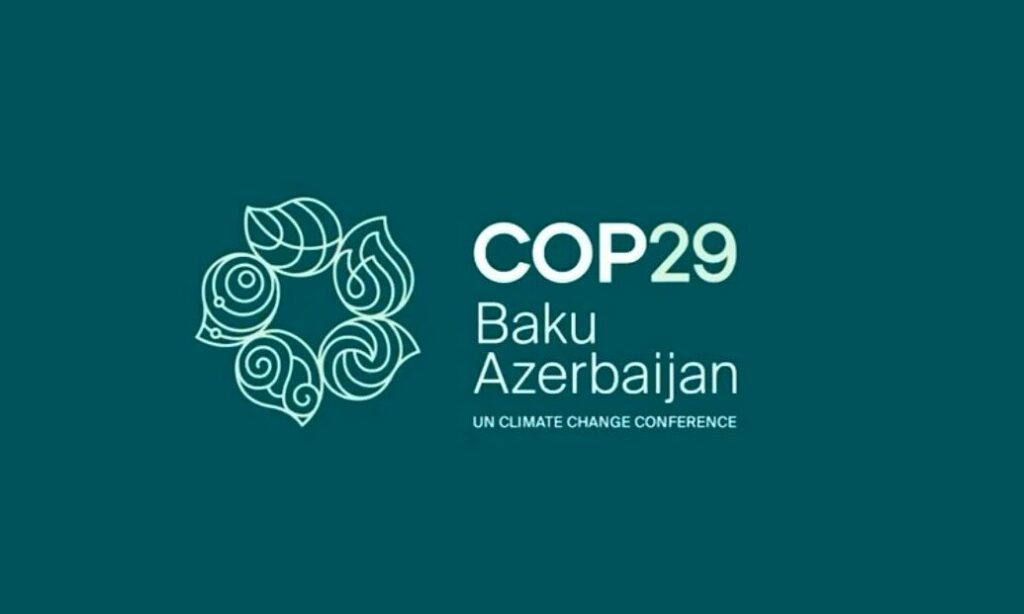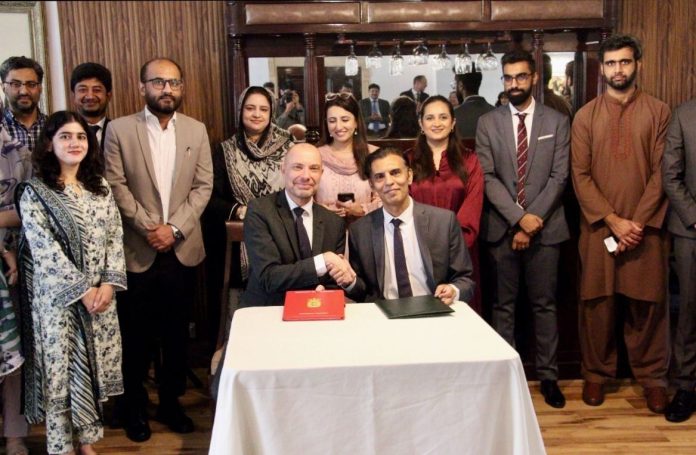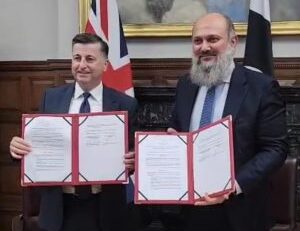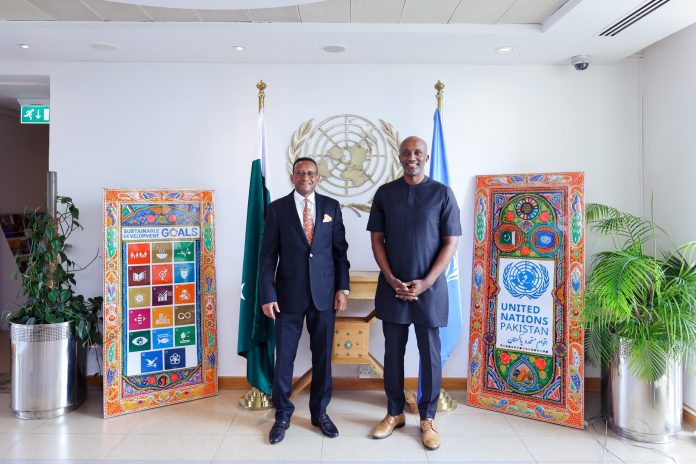
New Draft Deal on Climate Finance Extends COP29 Talks in Baku
- World News
- November 22, 2024
- No Comment
The United Nations climate summit (COP29) in Azerbaijan entered overtime Friday as negotiators grappled with a new draft proposal outlining a $250 billion annual commitment from wealthy nations to support vulnerable countries in adapting to climate change and accelerating the shift to renewable energy.
The draft, released on the final scheduled day of the conference, also set an ambitious long-term goal of $1.3 trillion in climate financing by 2035. However, it left unresolved details about the mechanisms—whether through grants, loans, or private sector contributions—for raising these funds.
Delegations continue to deliberate on several critical aspects of the draft:
- The role of developed nations in providing the proposed financing.
- Setting a global target for a “just transition” to renewable energy.
- Clear guidelines for adaptation and mitigation strategies.
The summit, branded as the “Climate Finance COP,” seeks to establish a New Collective Quantified Goal (NCQG) to replace the current $100 billion annual funding target set to expire in 2025. Experts estimate the new goal to fall between $1 trillion and $1.3 trillion annually to address loss, damage, and clean-energy infrastructure in developing nations.
Environmental groups reacted strongly to the draft, criticizing its lack of specificity and ambition.
“This proposal is disappointing at the very least,” said Namrata Chowdhary from the global environmental group 350.org. “The rich countries are gambling with the lives of people in developing nations and small islands.”
Lidy Nacpil of the Asian Peoples’ Movement on Debt and Development rejected the idea of financing through loans, warning that this would exacerbate the debt burdens of vulnerable nations. “Debt is preventing the Global South from undertaking urgent climate actions,” she said.
Jacobo Ocharan from Climate Action Network International urged developing nations to reject a weak deal. “No deal is better than a bad deal,” he stated, emphasizing the need for stronger commitments.
In a parallel development, multilateral development banks pledged to increase annual climate finance to low- and middle-income countries, committing $120 billion by 2030, with an additional $65 billion mobilized from private investments.
The outcome of COP29 will determine the trajectory of global climate finance for the coming decade. While progress has been made in outlining targets, substantial work remains to establish a concrete framework that ensures equitable support for nations most affected by climate change.
Negotiators are expected to continue discussions through the weekend as they work toward finalizing an agreement.







